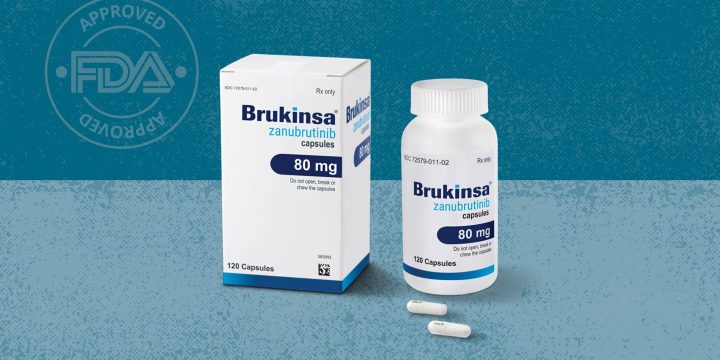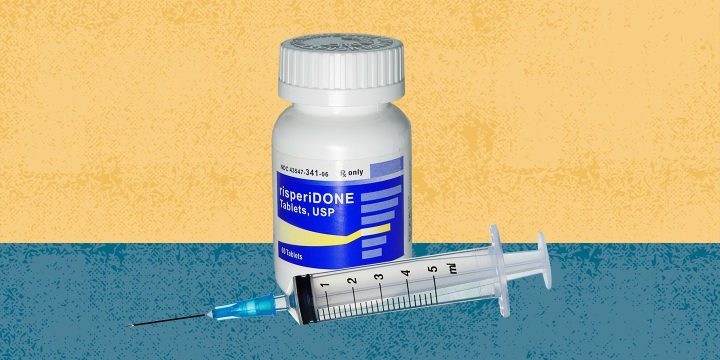
Did Lockdowns and Masking Lead to ‘Immunity Debt’?
The United States is in the midst of a “tripledemic” of three highly contagious respiratory illnesses: COVID-19, respiratory syncytial virus (RSV), and seasonal flu. One theory circulating on social media blames so-called “immunity debt” for this wave of illness, arguing that COVID-19 mitigation efforts like lockdowns and masking weakened our immune systems and robbed us of our natural ability to fight off infections.However, “there’s very little basis for assuming what’s happening so far has anything to do with immunity debt,” says Michael Osterholm, PhD, a professor and director of the Center for Disease Research and Policy at the University of Minnesota in Twin Cities.Here’s a closer look at the immunity-debt claim and other possible explanations for the spike in respiratory infections this winter.What Is ‘Immunity Debt’?The notion of immunity debt…








